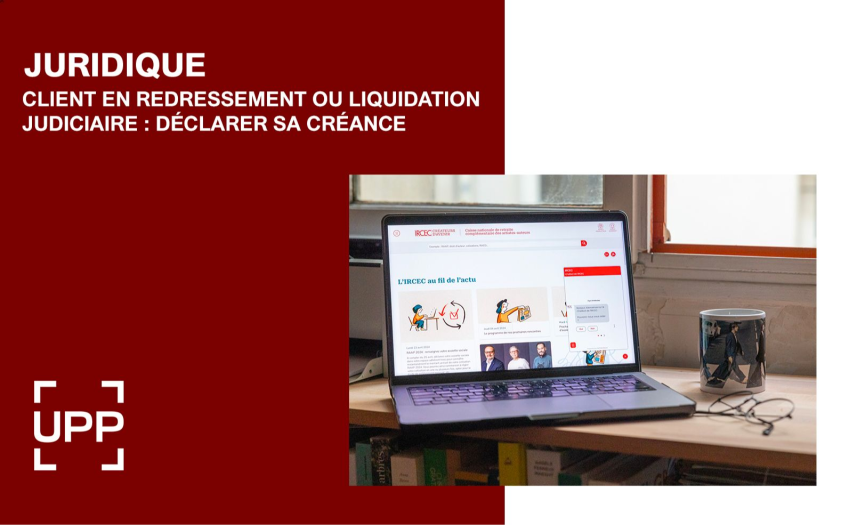News

Customer in receivership or liquidation: declare your claim
15 November 2024
Legal
Viewed 422 times
Occasionally, one of your customers may find themselves in financial difficulty. What happens to the money owed to you?
Let's find out. When a company is placed in receivership or liquidation by...
You must be cotisant to read the rest






